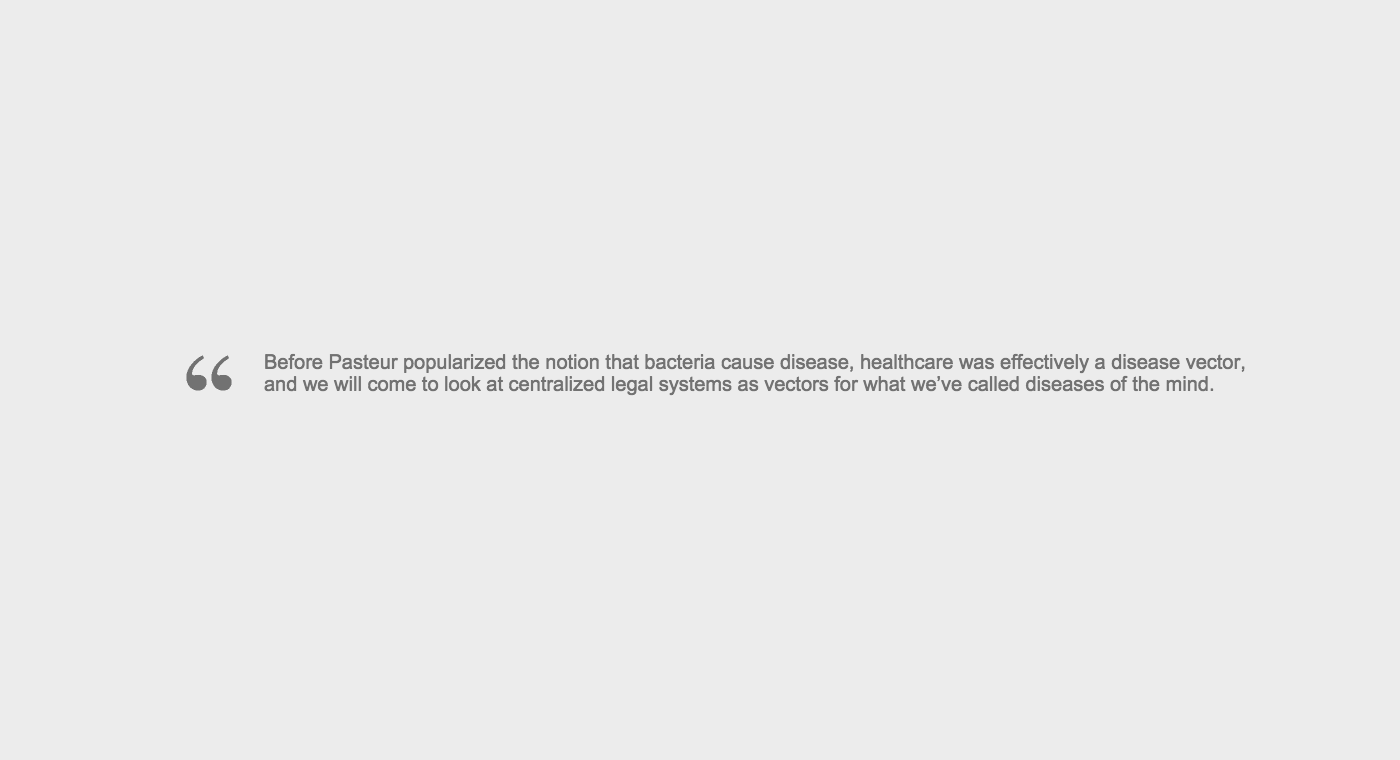ABSTRACT. Results from functional magnetic resonance imaging and lesion studies indicate that the prefrontal cortex (PFC) is essential for successful navigation through a complex social world inundated with intricate norms and moral values. Research into behavioral disorders such as Autism, Attention-deficit/hyperactivity disorder (ADHD) and Schizophrenia suggests impairment of executive-frontal lobe functioning, affecting the planning, initiation and regulation of goal-directed behavior.
This paper proposes coercive legal mediation as an external force that causes the symptoms of impaired executive function and impaired self-regulation. Further, it proposes a new school of psychiatry. This new psychiatry defines mental illness as obedience to coercion, and defines self-determination, autonomy and self-governance as the best possible treatment against obedience, leading to increased executive-frontal lobe functioning, improved self-regulation, and improved over-all goal-directed behavior, effectively curing the so called mental illnesses. This new psychiatry is conceived to work as an antidote to statism, and a wide adoption would effectively lead to the demise of centralized control.
[…]
5. CHANGE PRECEDES BELIEF
Looking back at history, it seems the coercion has to disappear before consensus is formed that it never was a disease. To use hysteria as an example, after the war and the passage of women’s suffrage in England and the United States, it was believed that female hysteria declined and even disappeared. Social change precedes a change in our belief-systems.
6. NEW PSYCHIATRY AND THE VIRTUE OF SELFISHNESS
The new psychiatry should not be about stabilizing obedience but instead about curing it, by treating the subject with memes that reveal the coercive nature of their so called social contracts. Selfishness activates executive frontal lobe functions and self-regulation, and engages the parts of the brain that are diminished during episodes of obedience. Fighting coercion can have two outcomes: Either the subject wins and conquers the system, or they internalize why they must force themselves to accept the coercion. Both outcomes increase longevity compared to passive obedience.

